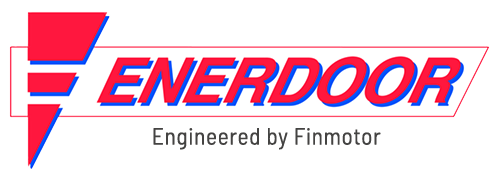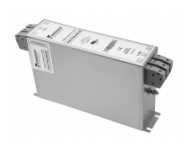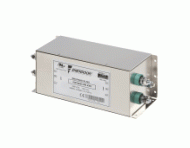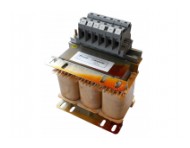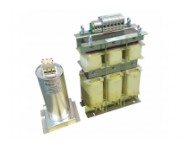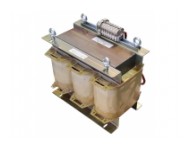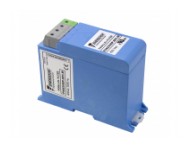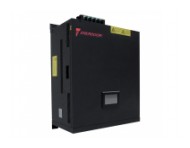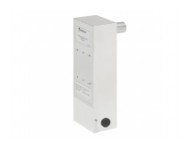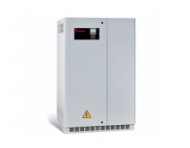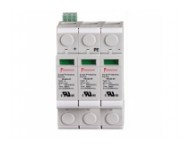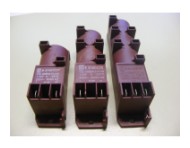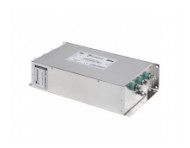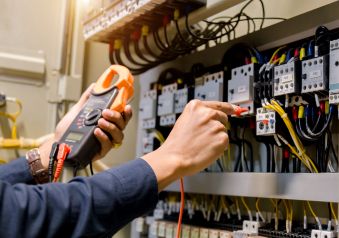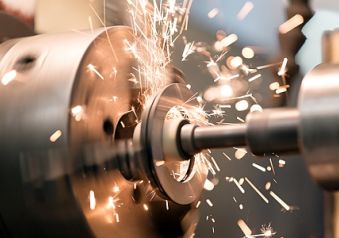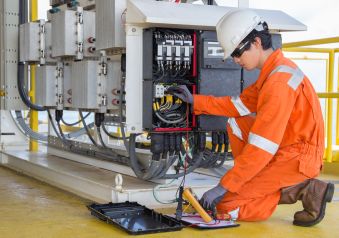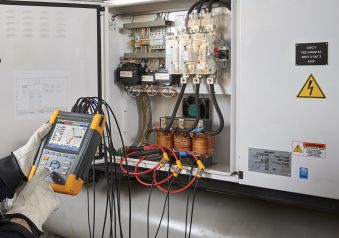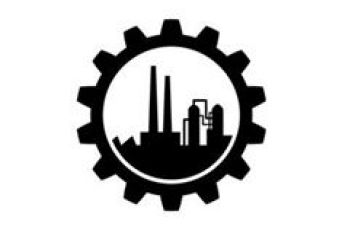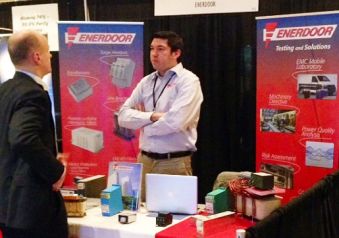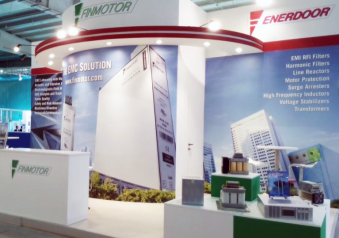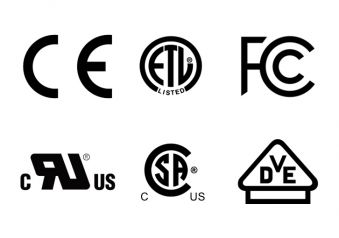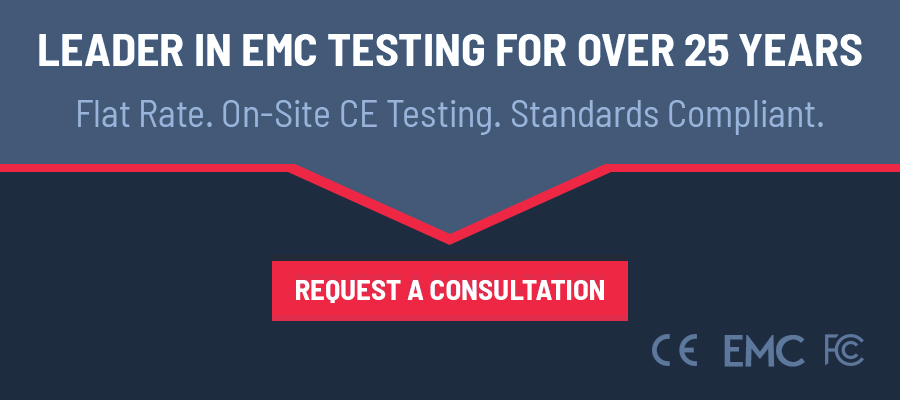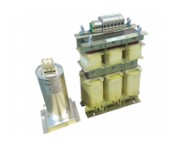
CE 認證和諮詢
Bringing Products to Market with EMC and CE Approvals
EMC Testing and CE Certification Expertise
Since our inception in 1992, The Enerdoor Group has been a pioneering force in EMC testing and CE Certification, offering on-site flat-rate testing services globally through our efficient and widespread organization. What sets us apart is our unique flat-rate testing service, coupled with our unwavering commitment to stay on-site until your equipment is fully compliant.
The CE Directive, in force since January 1996, mandates that all electric and electronic components in machinery and manufacturing plants meet minimum requirements. The CE mark signifies a manufacturer's responsibility for a product's compliance with European health, safety, performance, and environmental requirements, making it a prerequisite for products falling under European Directives.
Understanding the global context, CE stands for "Conformité Européenne" or "European Conformity," encompassing the entire European Union, Turkey, and Israel. Equivalent marks worldwide include FCC in the United States, CCC in China, VCCI in Japan, RCM in Australia & New Zealand, and KCC in South Korea.
On-Site Flat Rate Compliance Testing Excellence
Ranked among the top CE labs, Enerdoor offers a diverse range of testing methods and standard compliance services. Our on-site flat-rate testing specializes in measuring and analyzing electromagnetic compatibility, aligning with EMC, FCC Part 15, and Safety Directives. Enerdoor filters provide tailored solutions to meet conducted, radiated, and immunity test requirements, utilizing mobile laboratories for testing at your facility.
Navigating CE Directives for Your Product
Wondering if your product needs a CE mark? While the list is broad, electrical products must generally comply with the Directive, and OEM equipment must meet CE Standards. OEM equipment typically aligns with three major Directives:
- EMC Directive 2014/30EU
- Machinery Directive 2006/42/EC
- Low Voltage Directive 2014/34/EU
Understanding Regulations in the USA and Canada
In the USA, FCC Part 15 certification applies to electronic products manufactured or imported into the country. FCC regulations cover digital devices under Part 15 and industrial, scientific, and medical equipment under Part 18. For industrial applications, FCC aligns closely with the EMC Directive, aiming to limit unintentional radio-frequency interference.
Streamlining Certification with Pre-Compliance Testing
CE certification can be time-consuming and costly. To mitigate both, Enerdoor offers pre-compliance testing to ensure machinery complies before the formal certification process. This proactive approach saves time and money, avoiding potential setbacks and ensuring a smoother final compliance test.
When is Pre-Compliance Testing Beneficial?
Consider pre-compliance testing if:
- You're an OEM aiming for a timely and cost-effective global market entry.
- You want to ensure compliance before certifying at a large testing facility.
- You're concerned about machinery efficiency or its impact on nearby equipment.
Enerdoor's Unique Approach to Testing
Unlike competitors, Enerdoor provides a flat-rate testing service with a guaranteed solution. We stay on-site until compliance is achieved, saving you from multiple testing fees and production downtime in case of initial test failure.
Our EMC engineers can handle part or all of the CE Certification process, preparing documentation for the Technical Construction File (TCF) as proof of CE Compliance.
Contact Enerdoor today for reliable EMC testing and CE Certification services tailored to your specific needs. Experience our commitment to efficiency, cost-effectiveness, and ensuring your equipment meets the highest standards.
